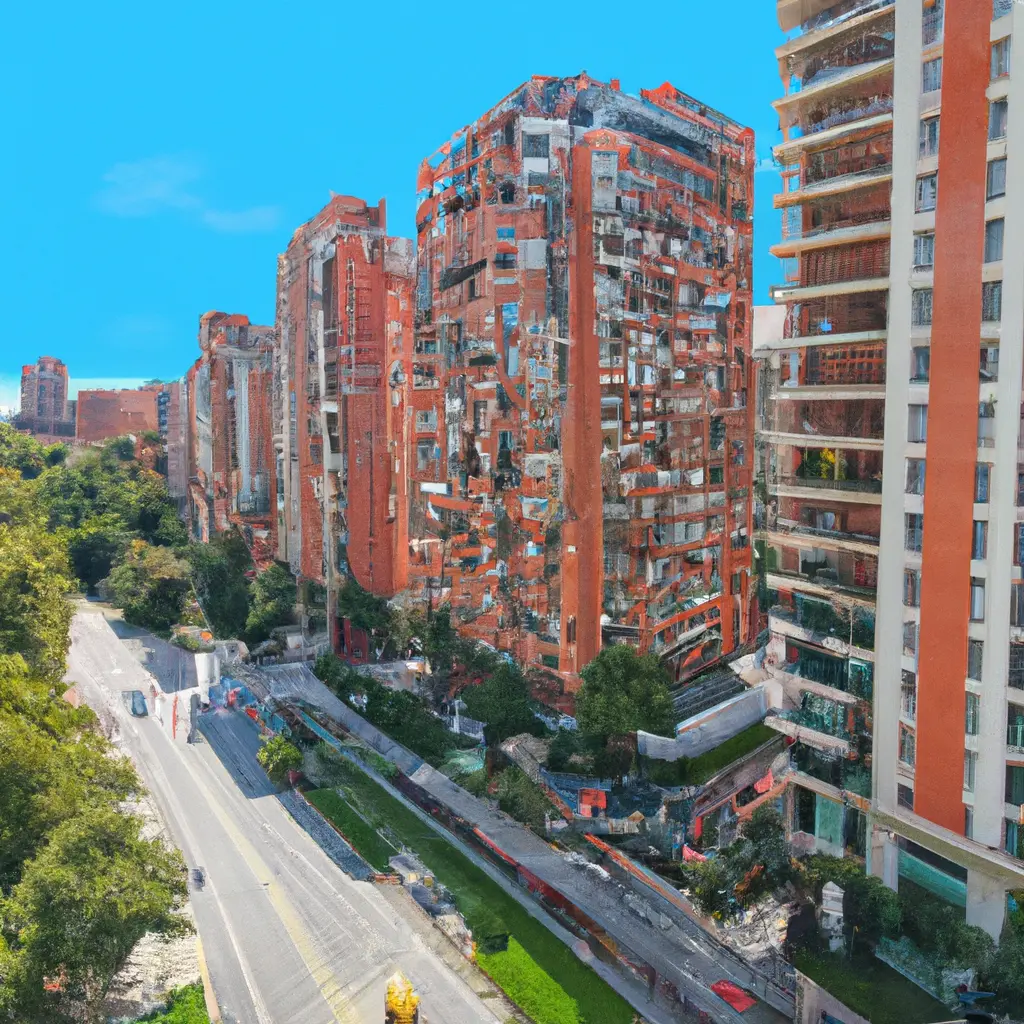Housing in Spain: rent or buy - which is more expensive?

With rent prices rising, finding a place to live that won't take more than half your paycheck is becoming a real challenge. In some big cities, such as Madrid or Barcelona, it is increasingly difficult to rent an apartment without spending a fortune. In this context, there is a growing idea to invest in property instead of renting, as the monthly payment can be lower despite having to take out a mortgage. But which is most beneficial to you at the moment: renting or buying? The answer to this question depends on a few different factors that you need to consider.
According to calculations by mortgage adviser iAhorro
The average cost of rent is much more expensive than the monthly mortgage payment. The data shows that renting averages almost 400 euros more per month than a mortgage, which translates into several thousand euros per year.
This represents a significant amount of money compared to buying. But based on this data, why aren't most people betting on buying real estate instead of renting? It is important to analyze our lifestyles, our work situation and the real opportunities to save.
In the last year, the cost of renting in Spain
is 11.8 euros per square meter with an annual increase of 9.4%. According to Abanca real estate experts, the main advantage of renting over buying is its flexibility and independence, as you can sign a lease for a few months or extend it for years. So if you're in a situation where you're not sure where to set up, you have to move frequently for work reasons, or if you just don't know what you'll be doing in the future, renting may be the best choice.
This is the easiest option for first-time independent living or if you don't have the amount of money saved up to cover a down payment on a mortgage.
13 May 2025
14 May 2025

On the other hand, one of the major disadvantages of renting nowadays is the extremely high prices, especially in big cities. So you often have to opt for a shared tenancy or rent a room to cope with the price.
In the long term, you also need to consider that this will be a payment you will always have to make and you will not be the owner. Unlike a mortgage, once you pay back the loan, the property is all yours and you won't have that housing payment (although there will be other associated costs such as taxes). You can only live in the rent as long as you pay, so it will be a constant expense that you can't get rid of.
In the case of sales, the value of apartments in Spain rose by 7.1% over the last year, reaching 2016 euros per square meter. However, if you have a steady job and don't plan to move geographically, buying a home can give you that stability. If you choose a mortgage, at the end of the term and after all payments have been made, the home will be all yours and you will have no monthly costs. Plus, you can always rent it out or sell it.
Of course, however, if you decide to apply for a mortgage, keep in mind that you will first need to have initial savings to handle the down payment, as banks usually give mortgages for 80% of the property's value. This means that you will need to have about 20% of the cost at the start.
rose by 7.1% over the last year, reaching 2016 euros per square meter. However, if you have a steady job and don't plan to move geographically, buying a home can give you that stability. If you choose a mortgage, at the end of the term and after all payments have been made, the home will be all yours and you will have no monthly costs. Plus, you can always rent it out or sell it.
Of course, however, if you decide to apply for a mortgage, keep in mind that you will first need to have initial savings to handle the down payment, as banks usually give mortgages for 80% of the property's value. This means that you will need to have about 20% of the cost at the start.
Comment
Popular Posts
Popular Offers

Subscribe to the newsletter from Hatamatata.com!
Subscribe to the newsletter from Hatamatata.com!
I agree to the processing of personal data and confidentiality rules of Hatamatata













